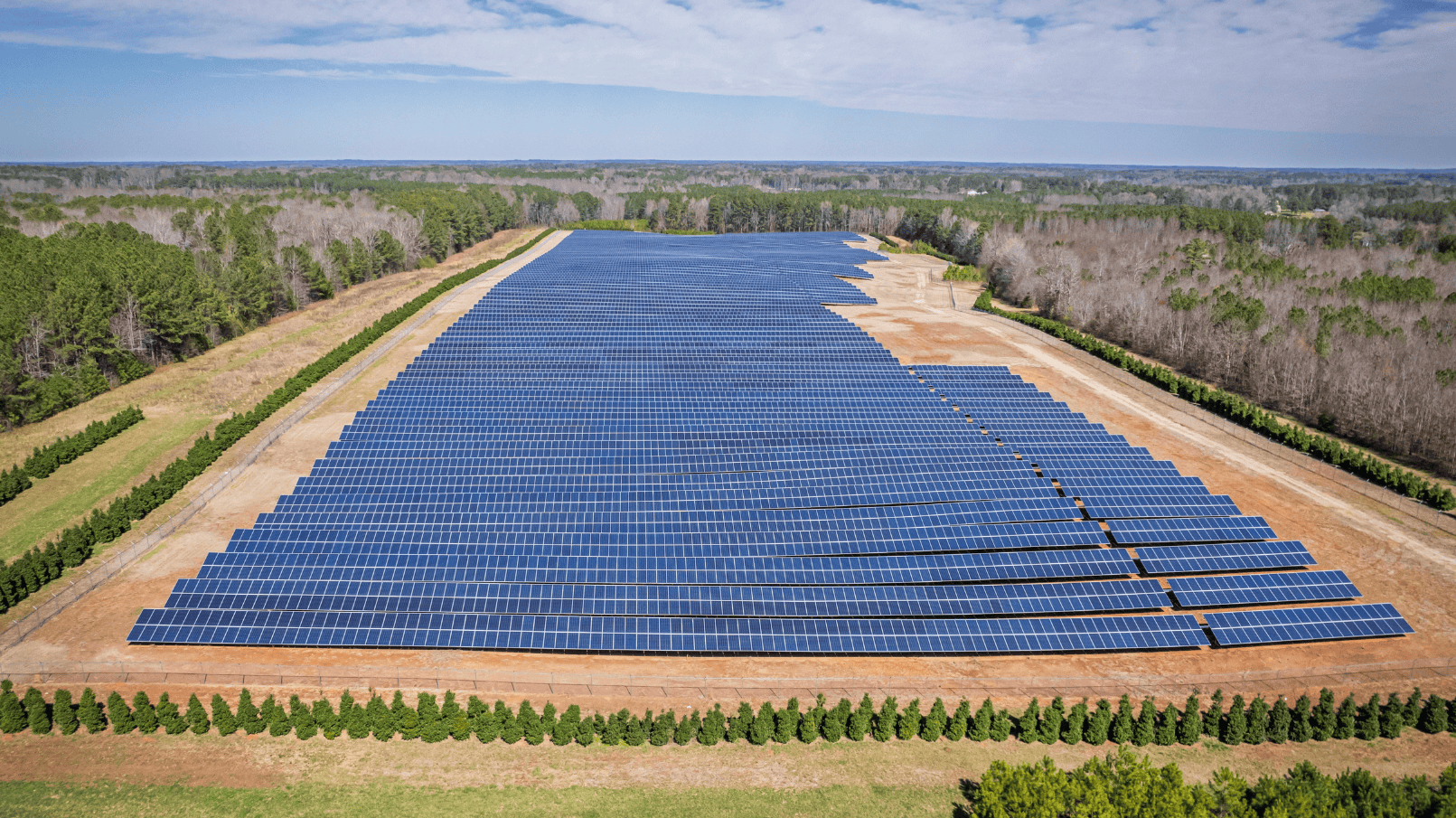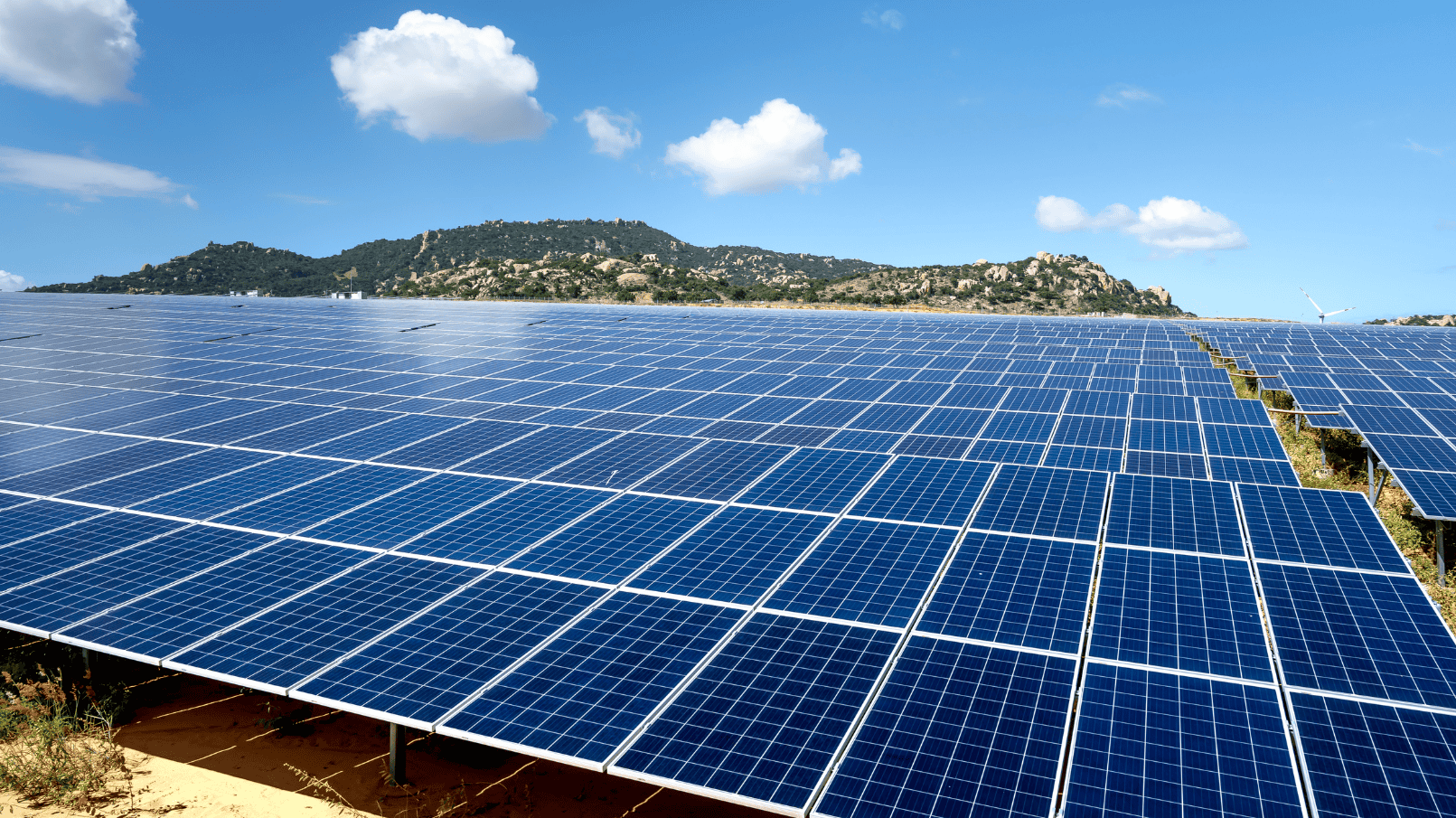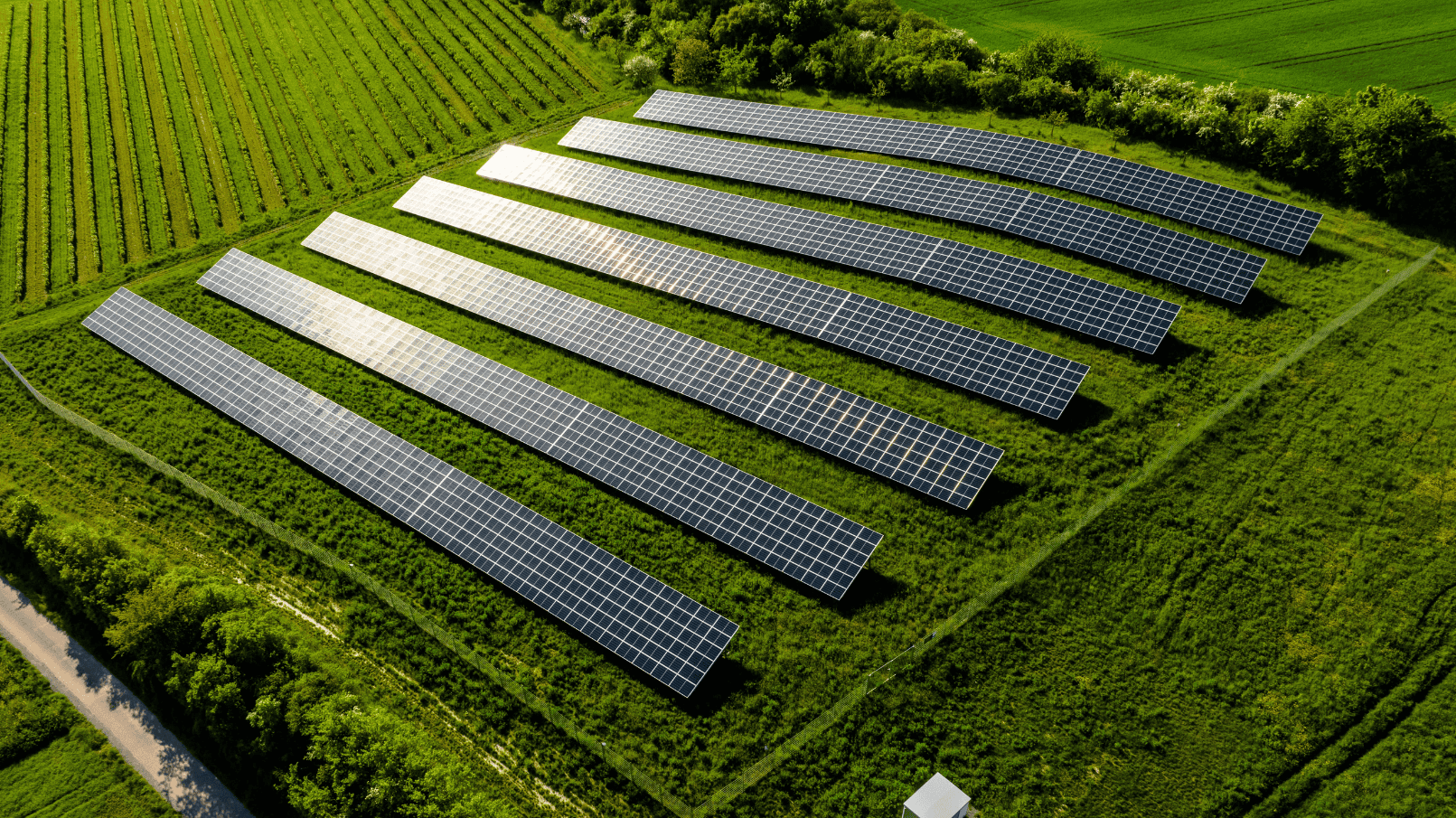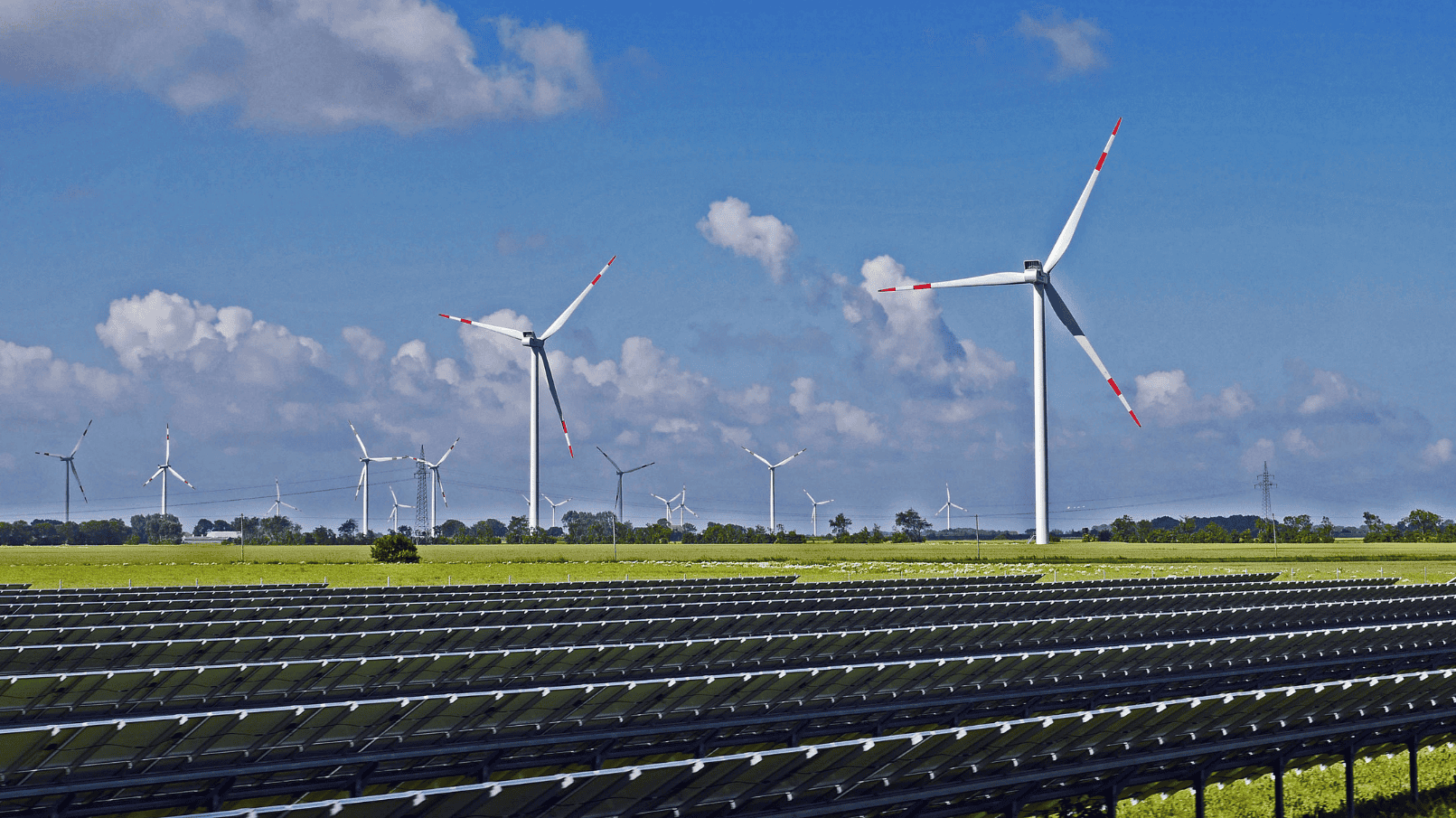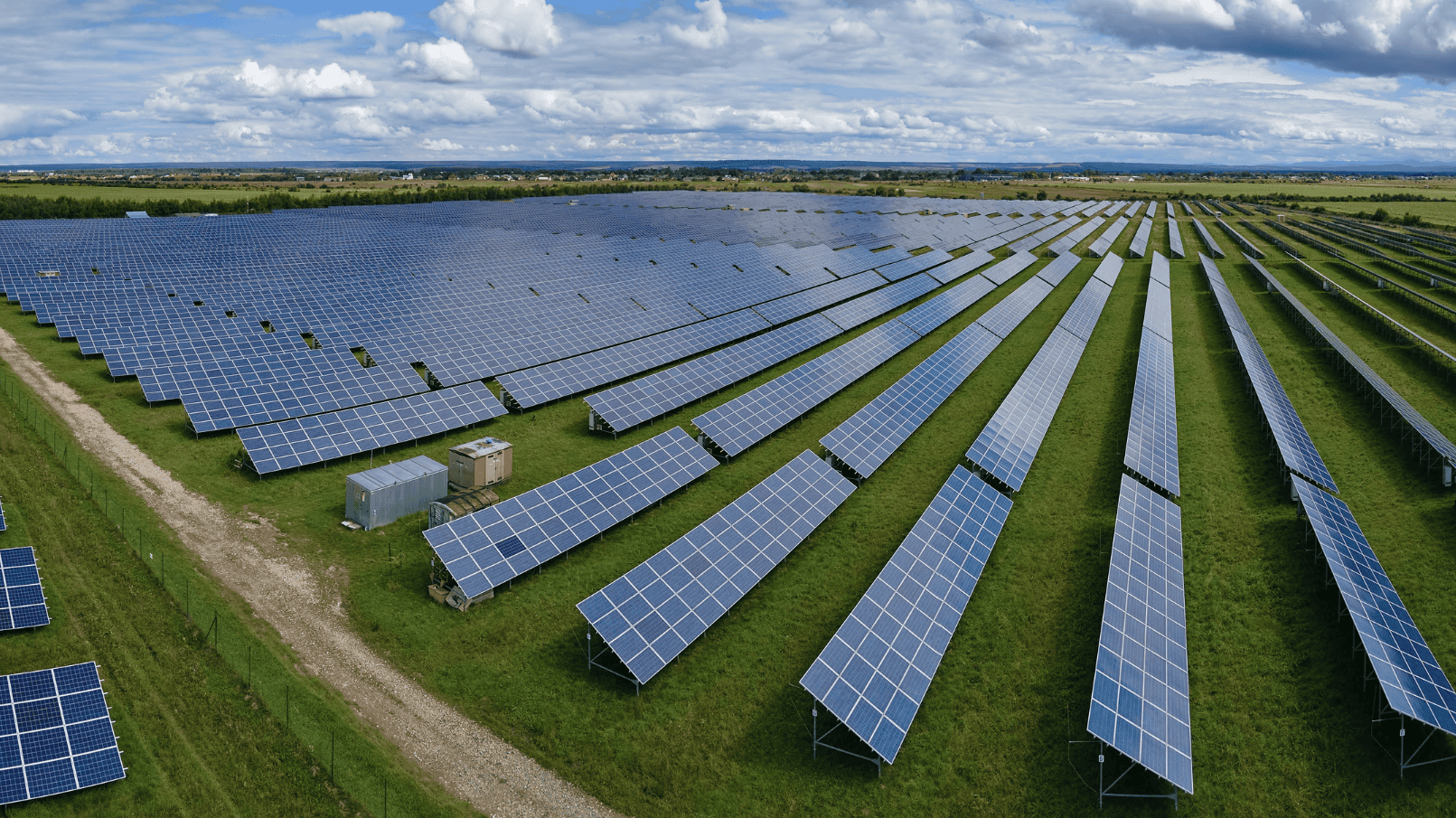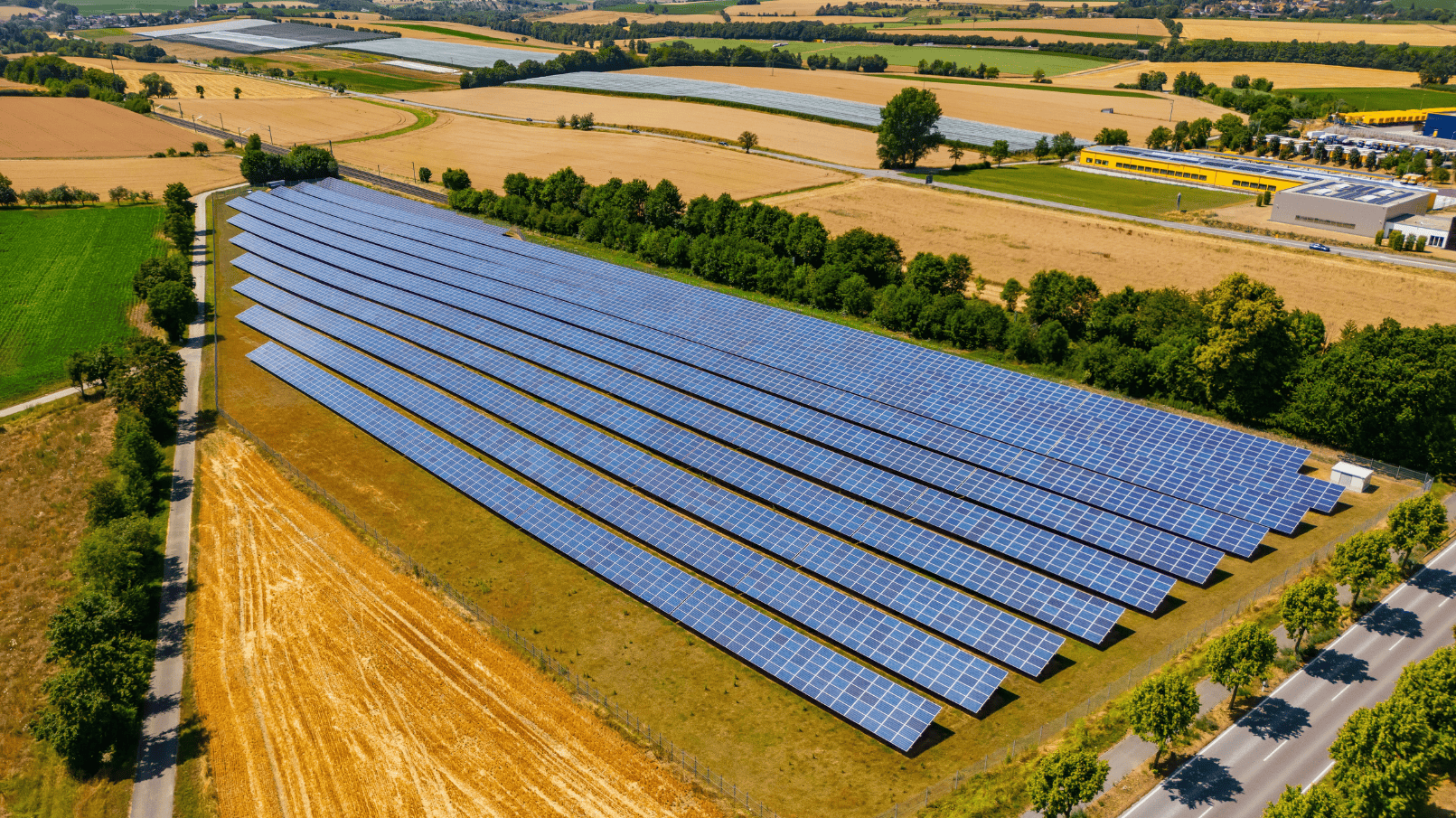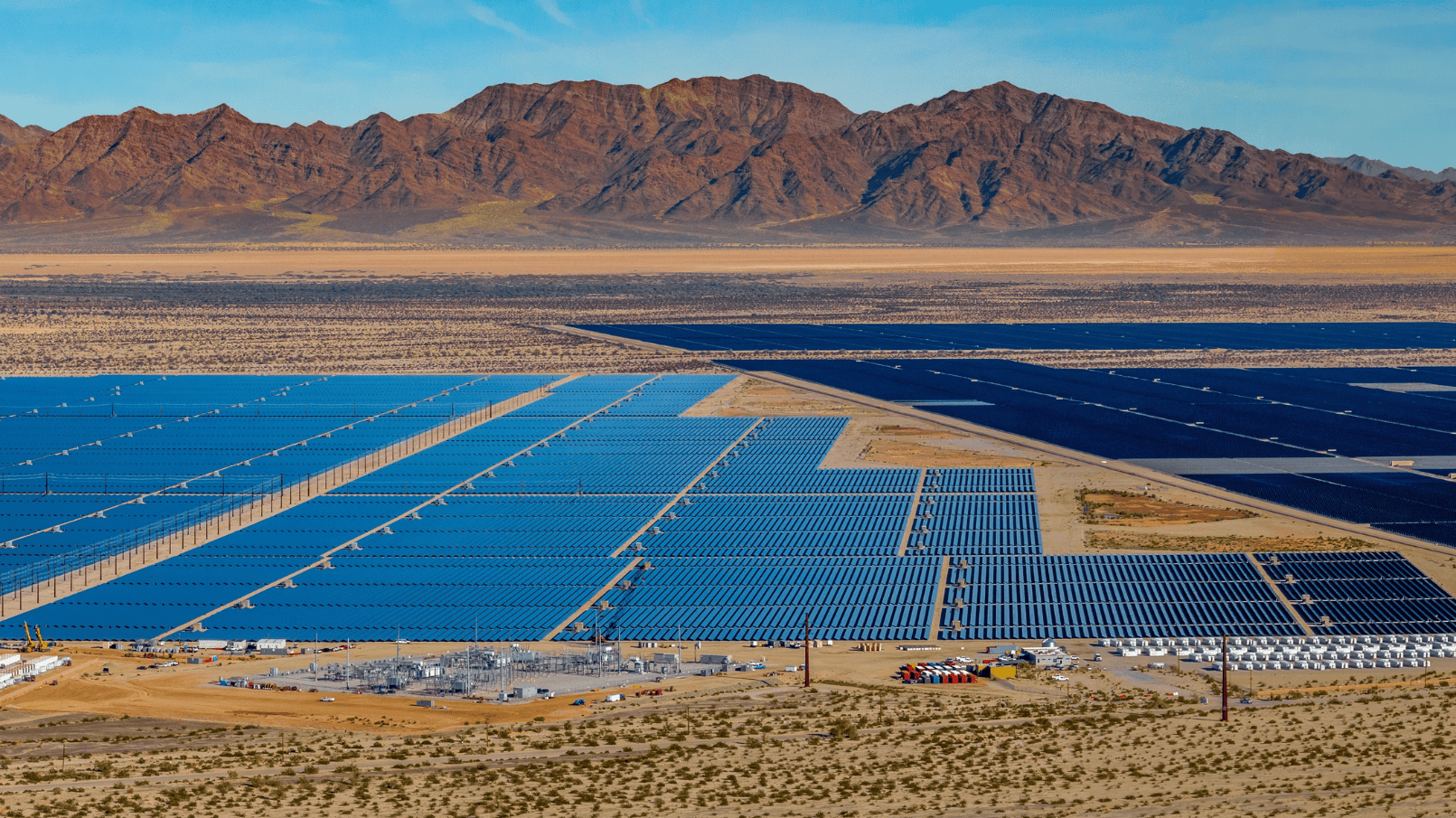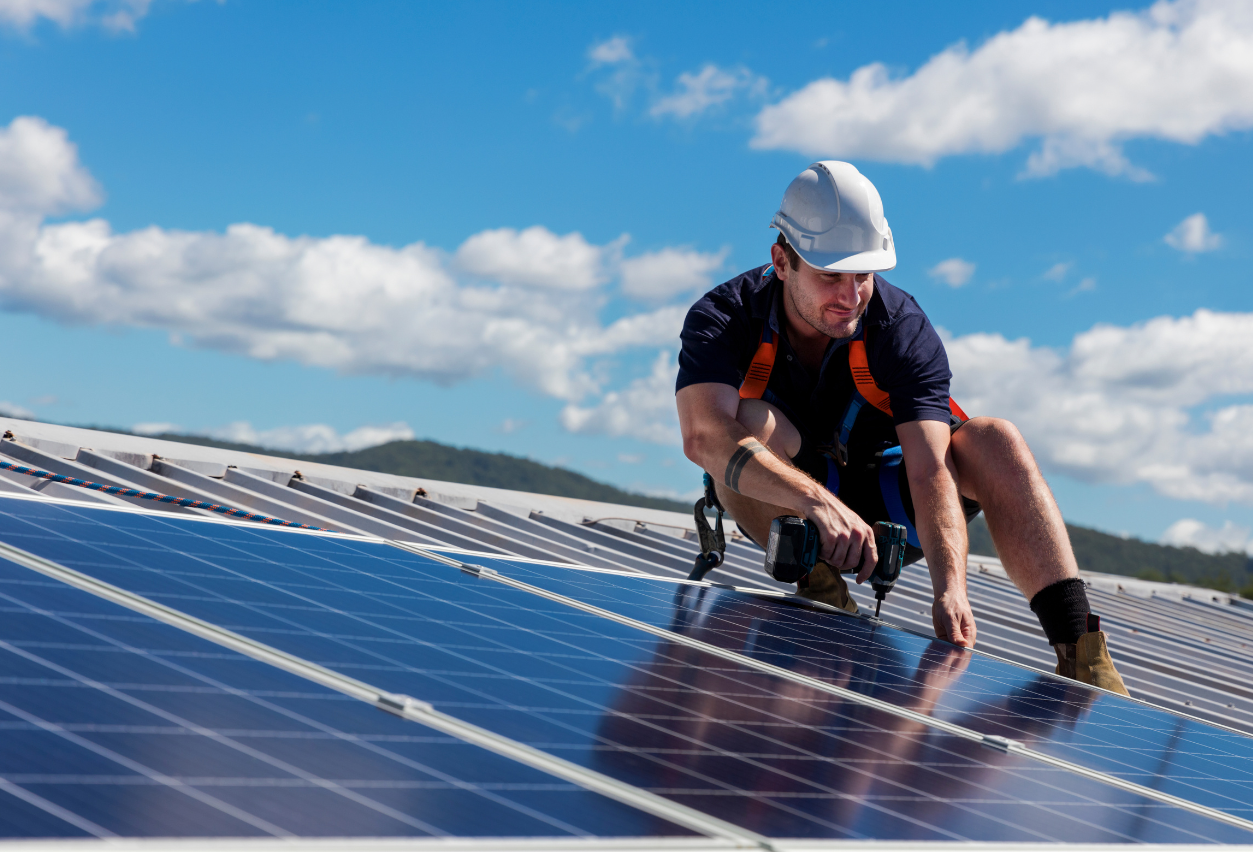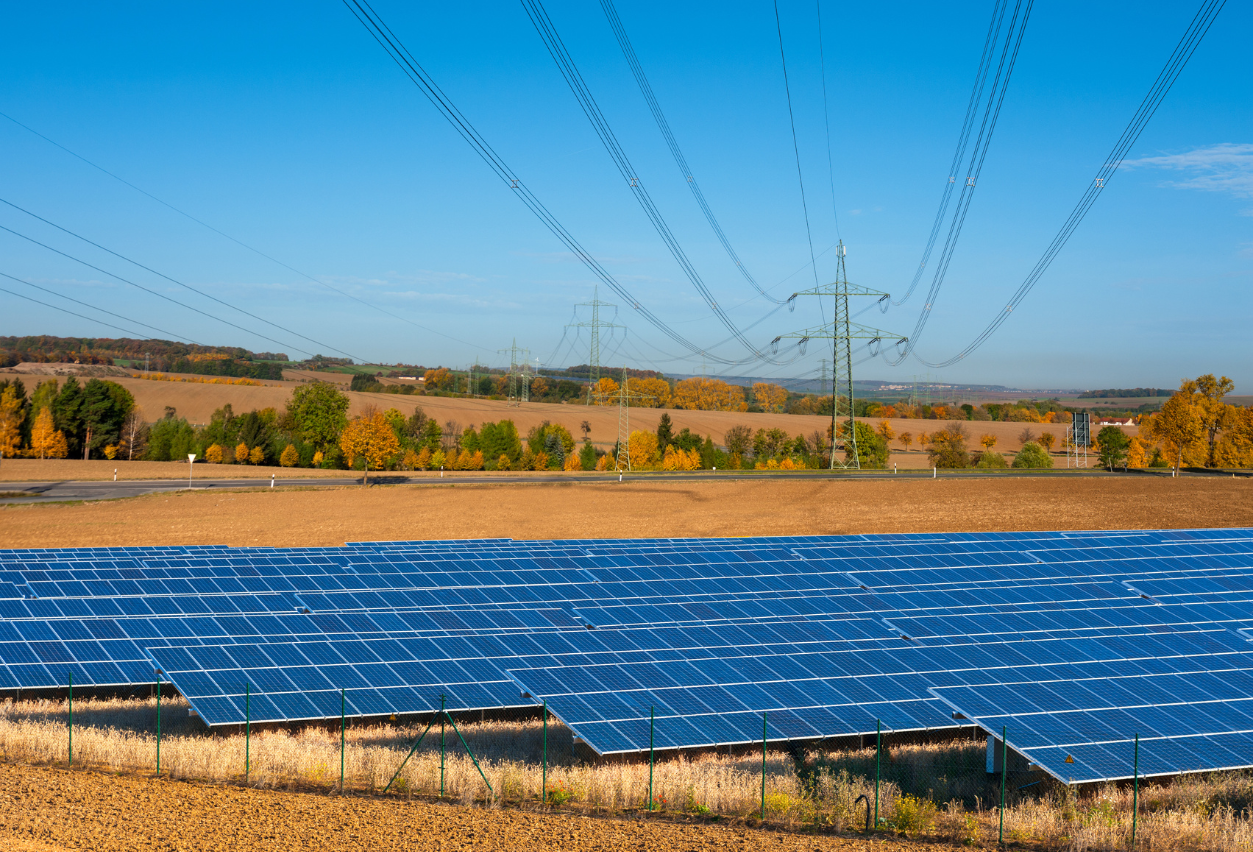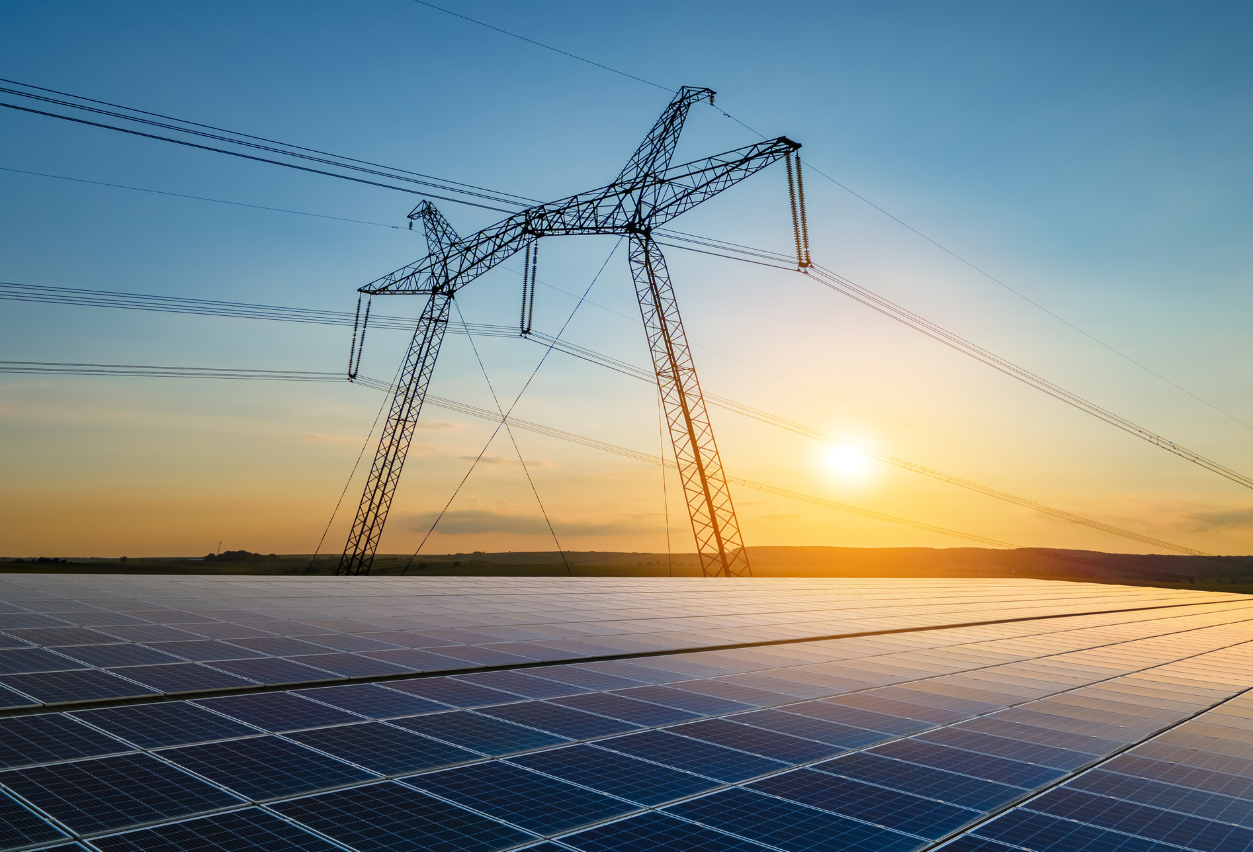12 Types of Businesses Best Suited for Commercial Solar Energy
In the pursuit of sustainability and fiscal responsibility, a growing number of businesses are turning to commercial solar power as a cost-effective and environmentally friendly solution. Solar installations have gained popularity recently for their potential to reduce operational expenses, lower environmental footprints, and contribute to a cleaner, greener future. While commercial solar can benefit various industries, certain business types stand out as particularly well-suited to reap the advantages. In this blog post, we’ll explore 12 business categories poised to maximize the potential of commercial solar.
1. Data Centers: Powering the Digital Realm
Data centers are exceptionally well-suited for commercial solar installations due to their unceasing energy demands and continuous operation. These facilities provide critical support to digital infrastructure and, as a result, have an ongoing need for electricity. Commercial solar power provides a reliable and renewable energy source, reducing reliance on conventional, often fossil-fuel-based energy grids. By generating electricity from sunlight, data centers can significantly cut operating costs, a major expense for them. Large roof spaces offer ample area for solar panel installations, maximizing energy production without using extra land or resources. Moreover, with battery storage systems, solar installations can ensure uninterrupted power during grid outages, enhancing cost savings and sustainability.
2. Industrial Facilities: Energizing Manufacturing
Industrial and Manufacturing facilities, known for their substantial energy consumption and heavy machinery, are ideal candidates for commercial solar installations. These manufacturing operations require significant electricity to power machinery, lighting, and climate control. Solar power provides a practical solution to offset these demands, reducing operational costs and promoting sustainability. Solar panels, whether on rooftops or ground-mounted, offer predictable costs and significantly reduce dependence on grid-supplied electricity, which can be subject to price fluctuations.
The integration of battery storage systems can strengthen the appeal of commercial solar by storing excess energy for use during peak demand hours, helping balance energy usage and reduce costs. Additionally, commercial electric vehicle (EV) charging stations can be powered by solar installations, aligning with the growing use of EVs in materials handling and transportation, further improving cost savings and reducing environmental impact.
3. Large Retailers: Illuminating Shopping Spaces
Large retailers, including supermarkets and shopping malls, are poised to benefit greatly from commercial solar power due to their substantial energy needs. These businesses rely on a continuous stream of electricity to power lighting, climate control, and refrigeration. Solar power offers a sustainable and cost-effective way to offset these energy demands, reducing operational expenses and enhancing overall profitability. Rooftop and parking lot solar installations provide not only electricity but also shade for customers, creating a more comfortable and appealing shopping experience.
Furthermore, installing commercial EV charging stations, powered by solar installations, accommodates the growing use of electric vehicles and supports sustainability goals. Commercial solar offers large retailers a powerful combination of energy savings and an eco-friendly image, benefiting both their bottom line and the environment.
4. Hospitals and Healthcare Facilities: Lighting the Path to Health
Hospitals and healthcare facilities, with their continuous need for electricity to power critical equipment, are exceptionally well-suited for commercial solar installations. These facilities operate around the clock, relying on a consistent and substantial supply of electricity for medical equipment, lighting, climate control, and essential services. Solar installations on rooftops and open areas generate clean energy, significantly offsetting energy costs and allowing healthcare institutions to allocate more resources to patient care and medical services. Solar-generated energy also supports sustainability initiatives and, in some cases, powers EV charging stations for staff, visitors, and patients. Embracing commercial solar reduces operating expenses and enhances healthcare institutions’ environmental stewardship, reinforcing their commitment to providing high-quality and reliable healthcare services.
5. Warehouses and Distribution Centers: Powering Logistics
Warehouses and distribution centers, with their expansive rooftop spaces and substantial energy demands, are particularly well-suited for commercial solar installations. These facilities require extensive lighting, climate control, and electricity for materials handling equipment. Solar power offers an effective way to offset these energy needs, significantly reducing operational expenses and providing cost predictability. Rooftop solar installations optimize the use of available space without encroaching on valuable land resources. The installation of commercial EV charging stations powered by solar installations supports sustainability initiatives and accommodates the growing use of electric vehicles, contributing to both cost savings and reduced environmental impact. Commercial solar offers warehouses and distribution centers a powerful combination of energy savings, operational resilience, and support for eco-friendly transportation practices.
6. Agricultural Operations: Cultivating Energy Efficiency
Agricultural operations, including farms and agribusinesses, are prime candidates for commercial solar installations due to their substantial energy needs and ample open land. These businesses require electricity for various purposes, such as irrigation systems, barns, processing facilities, and climate control. Solar power offers a sustainable solution to reduce energy costs and dependence on traditional energy sources, leading to significant long-term savings. Ground-mounted solar installations on open land can capture the sun’s energy effectively and provide a renewable power source that aligns with the environmental goals of many agricultural operations. Adopting commercial solar not only reduces energy expenses but also contributes to sustainable farming practices and environmental conservation, positioning agricultural operations as stewards of both the land and the future.
7. Educational Institutions: Enlightening the Next Generation
Educational institutions, including schools, colleges, and universities, represent an ideal match for commercial solar installations. These institutions typically have large rooftops and open areas that can be leveraged for solar panel installations. Solar power offers numerous advantages for educational facilities, including the reduction of energy costs, which can be a significant expense for educational budgets. By harnessing the sun’s energy, these institutions can lower their operational expenses and allocate more resources to educational programs and services, ultimately benefiting students, faculty, and staff.
Additionally, solar installations on educational campuses serve as practical teaching tools for students, providing hands-on experience with renewable energy systems and environmental sustainability practices. In essence, commercial solar enables educational institutions to reduce operational costs, promote environmental awareness, and create a real-world learning environment for students, fostering a commitment to sustainability in the next generation.
8. Office Buildings: Energizing the Workplace
Office buildings make for ideal candidates for commercial solar installations due to their ample rooftop space and consistent energy consumption. Solar panels can be efficiently installed on the rooftops of office buildings, offering a sustainable solution to offset electricity needs for lighting, heating, cooling, and office equipment. By harnessing solar power, office buildings can significantly reduce operational expenses, leading to long-term cost savings and a more predictable energy budget. Incorporating battery storage systems enhances the attractiveness of solar power for office buildings.
Office buildings can also consider installing commercial EV charging stations, powered by their solar installations, to support employees and visitors who drive electric vehicles. This not only aligns with environmental goals but also positions office buildings as attractive workplaces for eco-conscious tenants and employees. Commercial solar provides office buildings with a powerful combination of financial savings, energy resilience, and a commitment to sustainability, ultimately improving their attractiveness in the real estate market.
9. Hotels and Hospitality: A Sustainable Stay
Hotels and hospitality businesses rely heavily on energy for various services, including heating, cooling, lighting, and guest amenities. Commercial solar installations offer a compelling solution to reduce energy costs while appealing to environmentally conscious guests. Solar panels can be integrated into hotel rooftops and open areas, generating clean energy that offsets electricity expenses. By adopting solar power, hotels can significantly reduce operational costs, leading to improved profit margins and a competitive edge in the industry. The incorporation of battery storage systems further enhances the benefits of solar power for hotels and hospitality businesses. By embracing commercial solar, hotels and hospitality businesses can simultaneously cut energy costs, demonstrate their commitment to sustainability, and attract a growing market of eco-conscious travelers. This approach not only improves the bottom line but also positions these businesses as leaders in responsible tourism.
10. Manufacturing and Technology: Powering Innovation
Manufacturing and technology companies are well-suited for commercial solar installations due to their specialized equipment and energy-intensive processes. These businesses often have substantial energy needs to power manufacturing operations, data centers, and research facilities. Solar power offers an effective solution to reduce energy costs while promoting sustainability. Rooftop and ground-mounted solar installations can offset these high electricity demands, contributing to cost savings and environmental responsibility. The integration of battery storage systems further enhances the appeal of solar power for these businesses.
Just like the industries above, manufacturing and technology companies can consider installing commercial EV charging stations powered by their solar installations, promoting sustainable transportation practices among employees and supporting the growing use of electric vehicles in their operations. By embracing commercial solar, these businesses can simultaneously reduce energy expenses, demonstrate a commitment to sustainability, and enhance energy reliability and cost management. This approach positions them as industry leaders in environmentally responsible manufacturing and technology practices.
11. Car Dealerships: Driving Solar Power
Car dealerships, with their large outdoor lots and substantial energy consumption, are well-suited for commercial solar installations. Solar panels can be installed on car dealership rooftops and in parking lots as solar carports, providing shade for vehicles while generating clean energy. Solar power is a practical solution to offset the high energy demands of lighting, heating, cooling, and powering showrooms. By adopting solar power, car dealerships can significantly reduce operational expenses, improve profit margins, and stand out in the industry as environmentally responsible businesses. The integration of battery storage systems can further enhance the benefits of solar power for car dealerships.
Car dealerships are a great fit for commercial EV charging stations. Powered by their solar installations, their EV chargers can promote their new EV offerings and allow free charging for the customers while not needing to worry about the excess energy consumption. This aligns with the growing popularity of electric vehicles but also positions the dealership as a one-stop destination for eco-conscious customers interested in both purchasing and charging their electric cars. This approach not only improves the bottom line but also strengthens the dealership’s reputation as a responsible and forward-thinking business in the automotive industry.
12. Cold Storage Facilities: Chilling with Solar Power
Cold storage facilities, responsible for preserving temperature-sensitive goods, are excellent candidates for commercial solar installations. These facilities have high and consistent energy needs, often demanding cooling and refrigeration around the clock. Solar power can efficiently offset these demands, providing a sustainable solution to reduce operational costs and environmental impact. Solar panels on rooftops or open areas can generate clean energy, significantly reducing energy expenses and promoting sustainability. Additionally, integrating battery storage systems enhances the appeal of solar power for cold storage facilities. Batteries can store excess solar energy and release it during peak demand hours, ensuring a stable power supply, even during grid outages. This reliability is crucial to maintain consistent temperature levels and preserve goods in cold storage. The solar installations can also power commercial EV charging stations, supporting the use of electric refrigeration and transportation within the facility. By embracing commercial solar, cold storage facilities can simultaneously reduce energy expenses, demonstrate their commitment to sustainability, and ensure the consistent preservation of temperature-sensitive goods.
Harnessing the power of the sun, these business types are poised to reap the benefits of commercial solar installations, reducing operational costs, promoting sustainability, and contributing to a cleaner, greener future.
Does your business fall into one of these categories? Interested to know if your business is a good fit for commercial solar? Reach out to us today to get a free evaluation.

